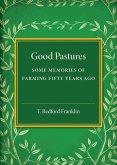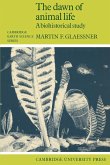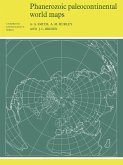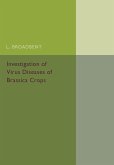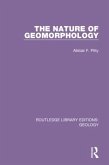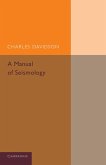"Ecologists John Damuth and Lev Ginzburg identify a specific evolutionary process in biology, which they call non-adaptive selection. The idea is simple, but the implications are profound. Non-adaptive selection, as they use the term, is selection among biological entities (as is natural selection) but is based on the fitness effects of logical or mathematical properties intrinsic to the entities under selection rather than on interactions of traits with a local shared environment. In other words, features of systems that evolve by non-adaptive selection do not adapt to local environmental conditions; rather, this selective process increases the long-term stability of the focal systems independent of local conditions. Consequently, the process tends to maintain stability and stable equilibria. Non-adaptive selection may be of most particular value in explaining broad, persistent patterns in multi-species biological units where adaptive evolution may be weak or poorly defined. Examples include: Damuth's Law, the equivalence of energy use among animals species across a wide range of body sizes; the consistency of allometric scaling powers; the shortness of trophic chains; and the prevalence of certain types of three-species trophic structures across ecosystems. Damuth and Ginzburg see non-adaptive selection underlying patterns of ecological allometries, community structure, and species interactions with some implications for macroevolution. Moreover, they find a surprising relationship between these non-adaptive processes and biological laws. They do not advocate the reorientation of any existing research programs but present non-adaptive selection as an additional conceptual framework that may be useful to add to ecology and evolution"--
Hinweis: Dieser Artikel kann nur an eine deutsche Lieferadresse ausgeliefert werden.
Hinweis: Dieser Artikel kann nur an eine deutsche Lieferadresse ausgeliefert werden.


